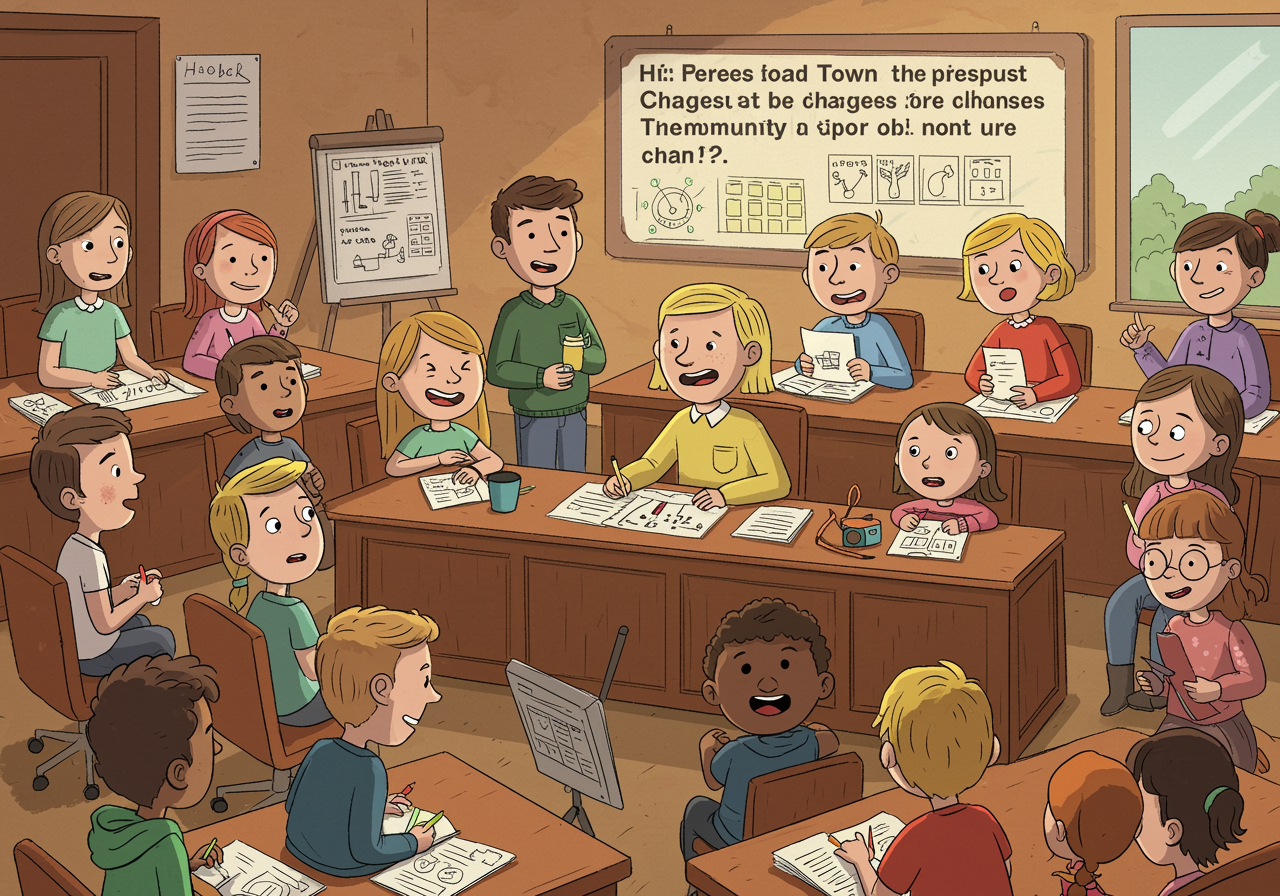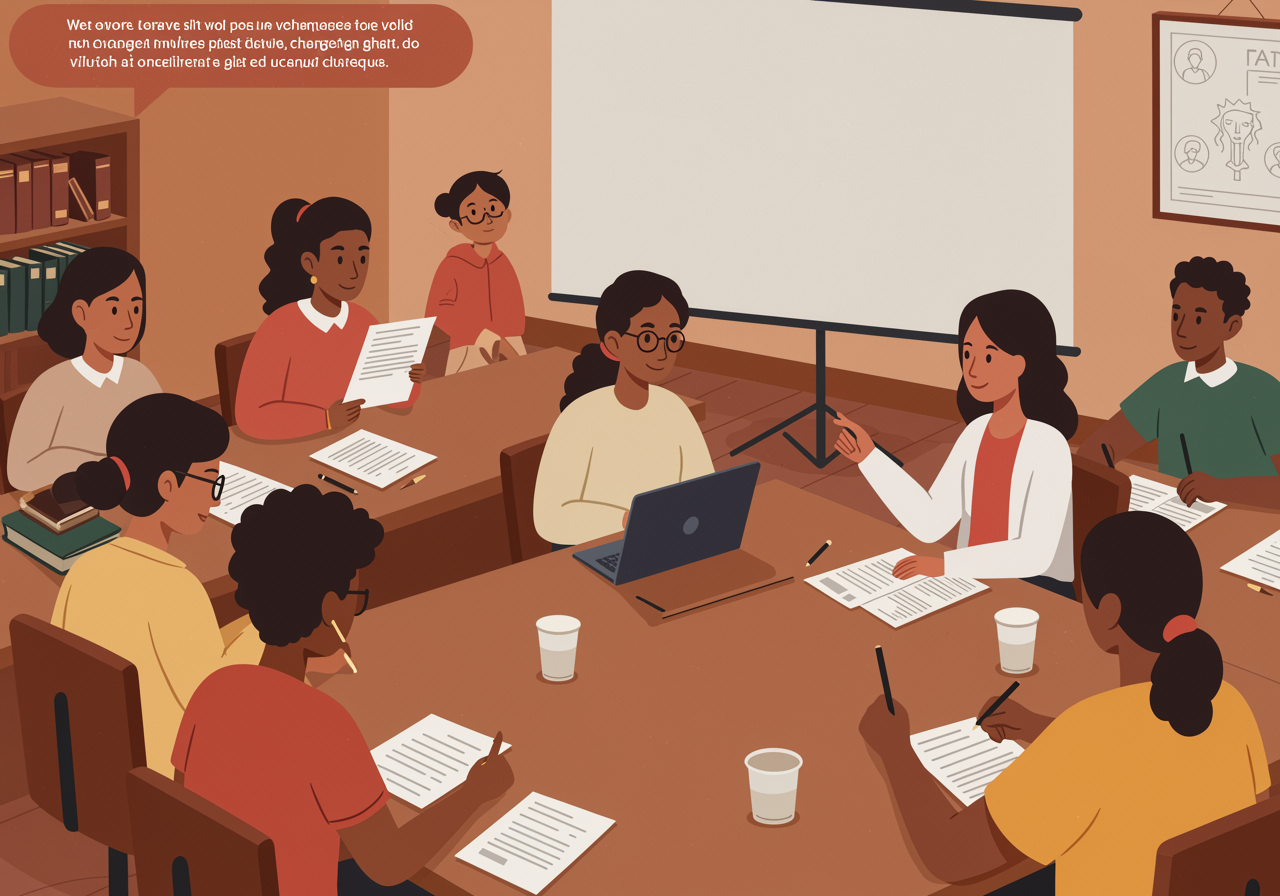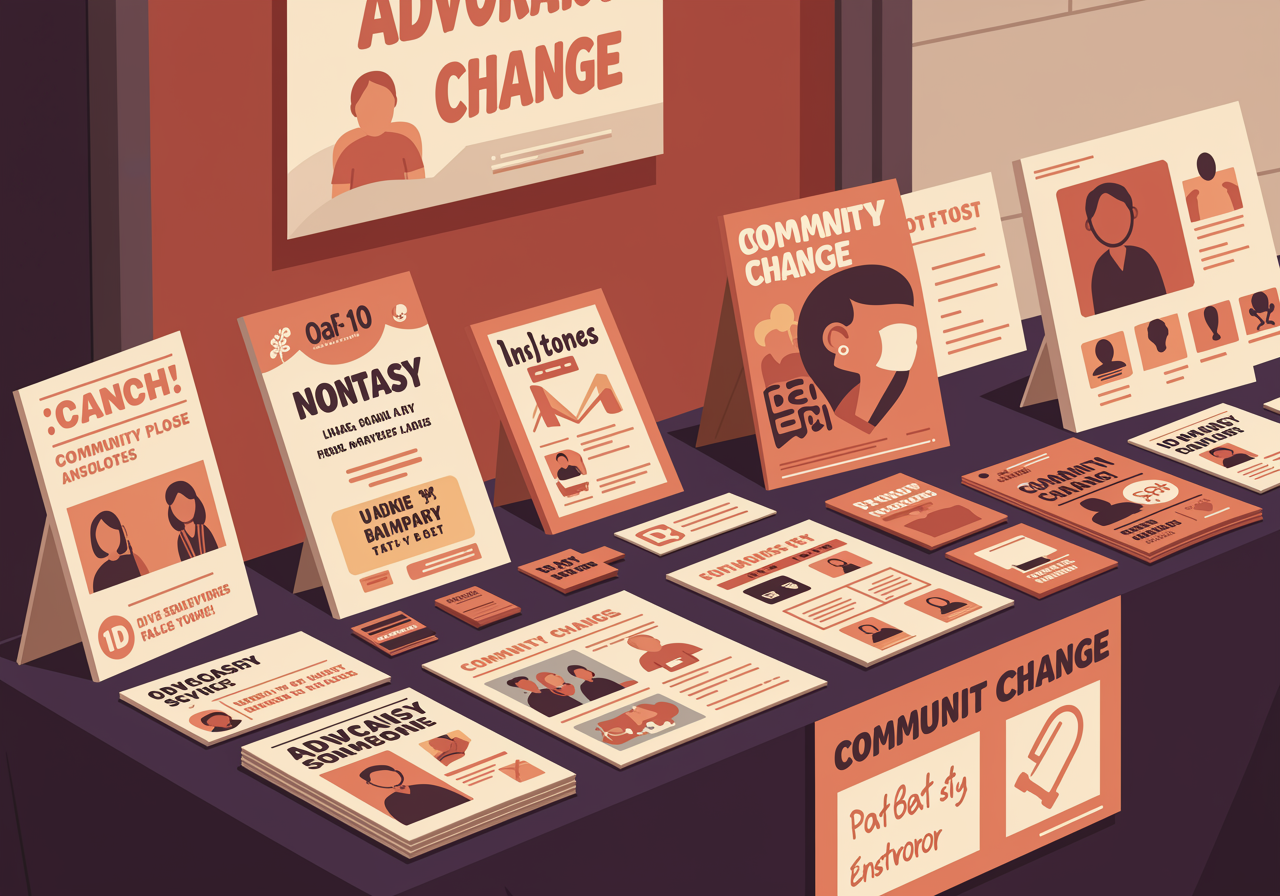People Power: When Communities Change the Rules Together
Discover how ordinary people join forces to create extraordinary change in their communities and beyond
Ever wonder how a group of people can actually change the laws that affect everyone’s daily life?
Overview
Think about it: every rule in your school, every law in your town, and every right you enjoy today exists because people spoke up for what they believed was fair. When communities come together with a shared goal, they can literally rewrite the rules that govern how we all live together. This isn't just ancient history – it's happening right now in neighborhoods everywhere, from kids advocating for healthier school lunches to entire cities banning plastic bags. Understanding how this process works helps your child see that their voice matters and that change is always possible when people work together.

Understand in 30 Seconds
Get up to speed quickly
- Laws Aren't Set in Stone: Laws are made by people, which means people can also change them when something isn't working or isn't fair.
- Strength in Numbers: One person speaking up is brave, but many people speaking up together creates the kind of pressure that gets lawmakers' attention.
- Democracy in Action: When communities organize and advocate, they're using the power that democracy gives every citizen to shape their government.
- Change Takes Time: Legal change usually happens step by step, with lots of people working together over months or even years to make it happen.
Real Life Scenario
Situations you can relate to
Imagine your school has a rule that students can't use their phones during lunch, but you and your friends think this is unfair – what if there's an emergency? At first, just a few kids complain to teachers, but nothing changes. Then students start talking to each other and realize almost everyone feels the same way. They organize, create a petition with 200 signatures, and a few brave students present their case to the school board with research about other schools' policies. The school board listens, discusses the issue, and eventually creates a new rule allowing phone use during lunch for emergencies. That's exactly how community-driven legal change works on a bigger scale – people identify an unfair rule, organize together, make their case with facts, and work through the proper channels to create change.

Role Play
Spark a conversation with “what if” scenarios
What if your neighborhood decided that the speed limit on your street was too fast and dangerous for kids?
- Role play: Act out a town hall meeting where family members take turns being concerned neighbors, city council members, and traffic safety experts discussing the issue.
What if students at your school wanted to start a recycling program but there was no rule allowing it?
- Role play: Practice presenting to a 'school board' (family members) with a proposal, petition signatures, and reasons why the new rule would help everyone.
What if your community wanted to create a new law requiring all restaurants to show calories on their menus?
- Role play: Role-play different perspectives: restaurant owners, health advocates, customers, and city council members debating the pros and cons.
FAQs
Frequently asked questions people want to know
Can regular people really change laws, or is that just for politicians?
Regular people change laws all the time! Politicians write and vote on laws, but citizens are the ones who usually bring up the issues and push for change.
How long does it take to change a law?
It depends on the law and how many people support it. Some local changes can happen in months, while big national changes might take years or even decades.
What's the difference between changing a school rule and changing a real law?
The process is surprisingly similar! Both involve identifying a problem, gathering support, presenting your case to decision-makers, and working through official channels.
Examples in the Wild
See how this works day to day
- In 2019, students in Berkeley, California successfully lobbied for a city ordinance banning junk food near school checkout counters, making Berkeley the first US city to pass such a law (Berkeley City Council Records)
- The Ice Bucket Challenge in 2014 led to increased awareness and $115 million in donations, which helped accelerate ALS research and influenced policy changes for rare disease funding (ALS Association)
- Greta Thunberg's school climate strikes inspired millions of students worldwide and influenced climate legislation in multiple countries, including the UK's declaration of a climate emergency (BBC News)
- In 2021, community advocates in Austin, Texas successfully pushed for a law requiring all new city buildings to be powered by renewable energy (Austin American-Statesman)
In Summary
What you should know before you start
- Communities can change laws by organizing together, gathering support, and working through proper government channels
- The process takes time, research, and persistence, but regular citizens have more power than they realize
- Successful legal change usually starts with people identifying an unfair situation and deciding to do something about it
- Democracy works best when people participate actively, not just by voting but by advocating for issues they care about
Pro-tip for Parents
You got this!
If your child gets frustrated that 'nothing ever changes' or feels like their voice doesn't matter, help them see that most major changes started with one person who felt the same way. Encourage them to start small – maybe with a family rule they'd like to discuss or a school policy they think could be improved. Practice the skills of research, respectful debate, and compromise at home so they'll be ready to use these tools in bigger situations as they grow up.

Keep an Eye Out For
Find these examples in everyday life
- Local city council meetings or school board meetings where community members speak during public comment periods
- News stories about grassroots campaigns or citizen-led initiatives in your area
- Opportunities for your family to participate in peaceful demonstrations, community forums, or petition drives for causes you support
Explore Beyond
Look up these related research topics
- How voting rights have expanded throughout history
- The role of peaceful protest in creating social change
- How different countries' governments respond to citizen advocacy